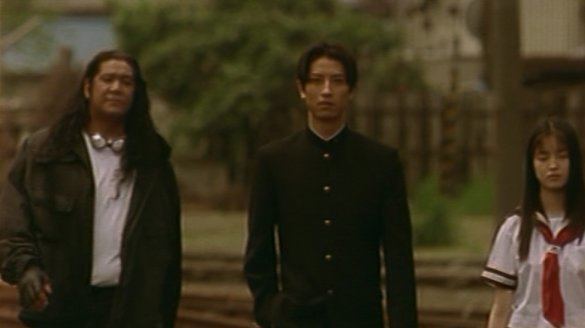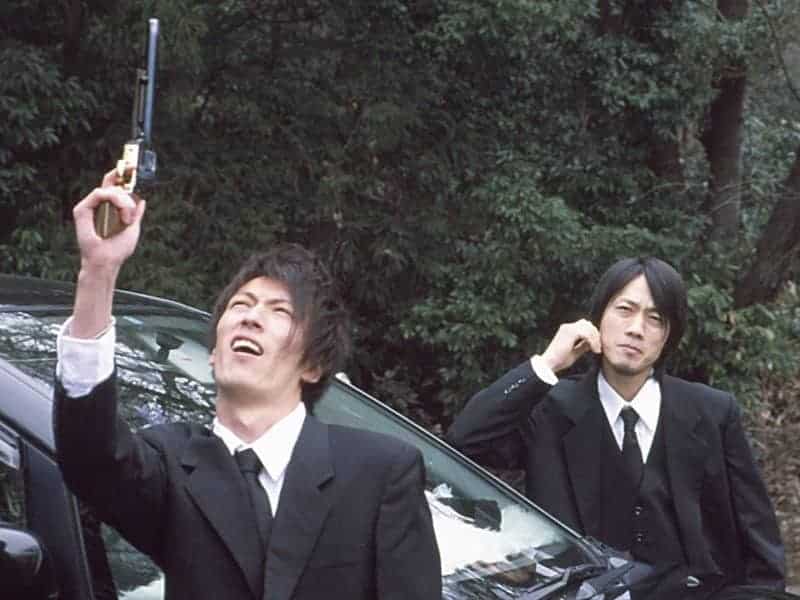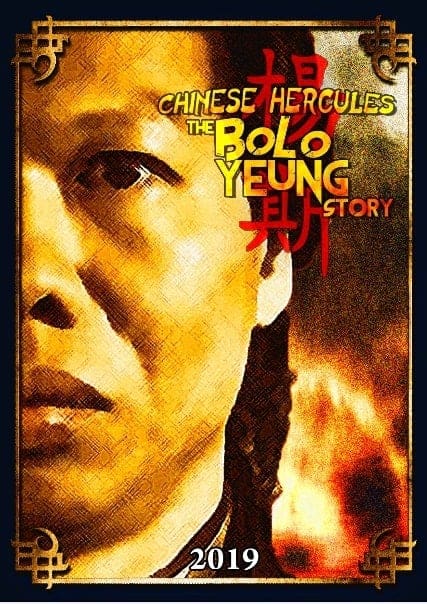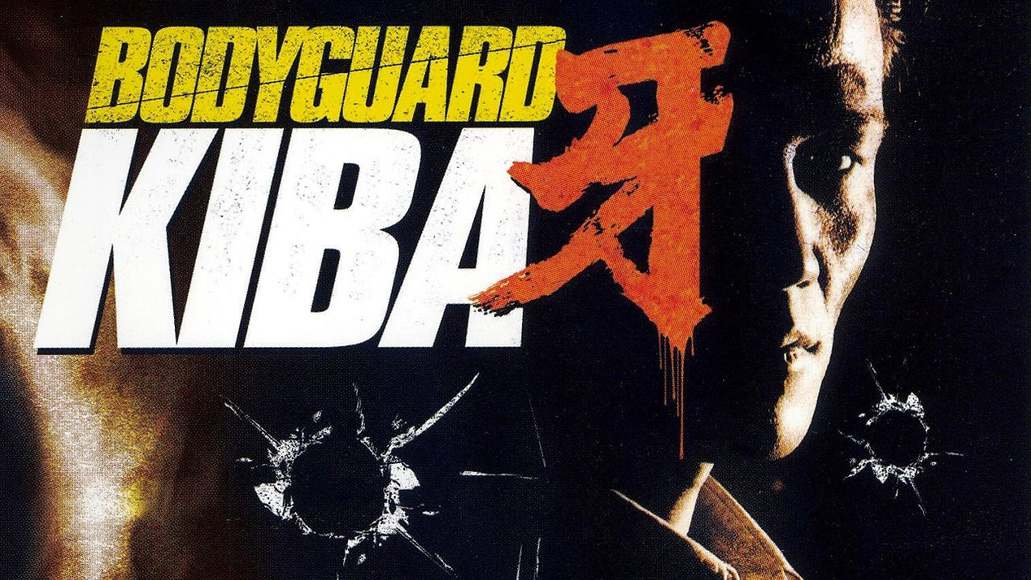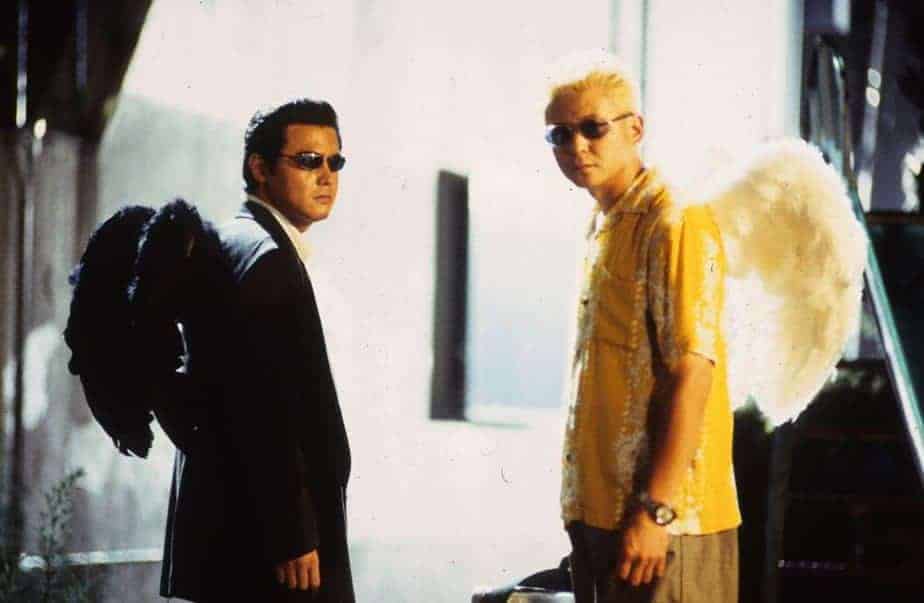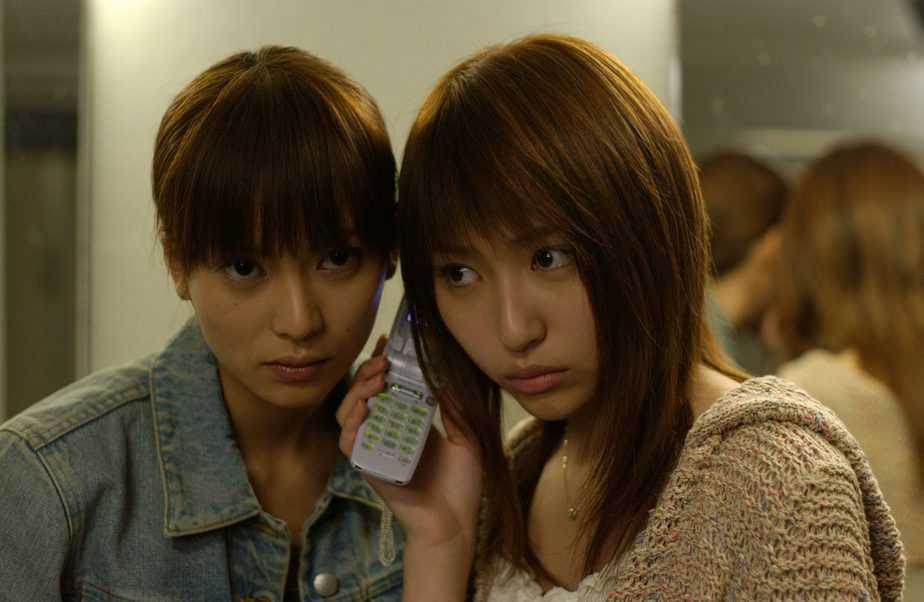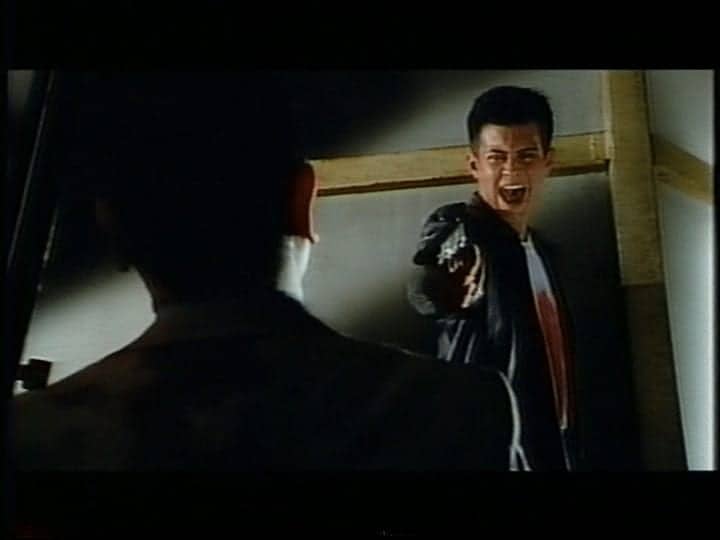Buy This Title
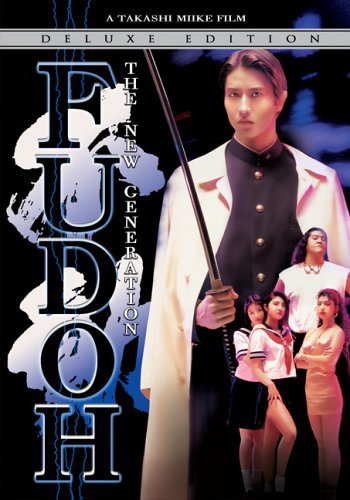
With Riki's plan coming to fruition, it comes to the attention of the rival gang as well as Riki's father that he is the one behind the assassinations of lead members of the gang. Once again, a member of the Fudoh family must be sacrificed in order to make peace, and a relative is called in to deal with Riki and his gang of delinquents.
At the forefront of the production and perhaps the most enjoyable aspect of the film is its propensity for violence and the absurd. Given that Miike would make a name for himself in part by using over the top gory dark humor, “Fudoh” still stands as an example of the director's vision moving into future productions.

With the film being an earlier production of Miike's work, and one of his first Manga adaptations, “Fudoh” does showcase the directors talent to adapt a story and turn it into a spectacle worthy of cult status. Given the success of Miike's work in later years among international audiences, the budget does reveal itself, as the gore effects are more simplistic compared to some of his later work However, this simplicity adds some charm, giving the film a less glossy, more exploitative feeling to it. The final visuals are also marred by budget as the clarity, ratio, and film quality feels dated. However, comparing “Fudoh” to the bulk of Miike's filmography, it still stands as a great example of the director's visual style.
Director Takashii Miike has proved himself to be efficient and fast working when it comes to production, and I feel his skill in this department can be somewhat limiting, as “Fudoh” suffers from one problem that I feel a bulk of the directors film lack, which is memorable performances. With such a large cast and a fast pace, none of the actors really get a chance to shine or show much emotional range, unless it is played over the top for gags, and there is not really much reason to care for any of the characters within the narrative of the story. Although this is an issue with a lot of Miike's work, it is just another tool that the director uses, and deep characterization is not essential for enjoyment of any given production. But revisiting a film like “Fudoh” and being able to recall scenes and not really characters can be a bit of a deterrent. Miike's has gone on to make films with more detailed character studies which hold more depth in character realization, but the lack here is pretty apparent and may deter viewers from getting a deeper appreciation of Miike's talent. The direction given to the cast reflects Miike's fast paced and effective style of production, as the performances given by every member of the cast is enjoyable; however, it is the lack of depth that makes them feel one dimensional.

“Fudoh the New Generation” is an enjoyable, over the top, action film, which in the face of limited production values, still showcases the emerging talent in Takashii Miike. However, the lack of depth in the characters limited my overall enjoyment of the production, and I feel it hurts its longevity.
Having not viewed the film in over a decade, I was a bit amused by how many scenes I could recall, while still be entertained by a few gags that I had forgotten since my last viewing. Within Miike's filmography, “Fudoh” becomes notable as it outlines Miike's creative vision that would be further backed once he was able to work with a larger budget. The film exists as a notable outing that would define the director's later efforts, but still falls short of his best work.


